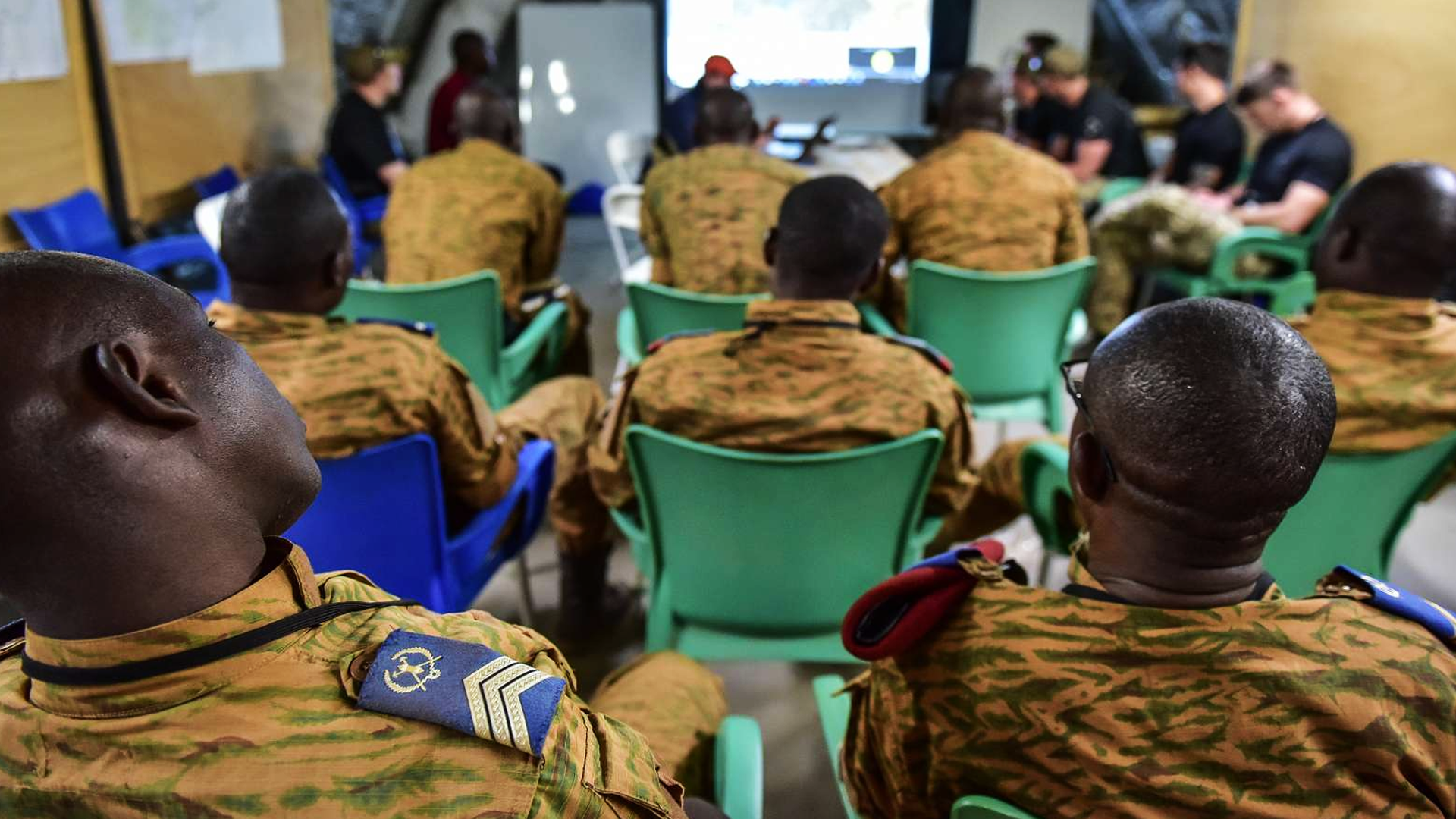Earlier this month, 66 people were abducted by armed assailants in the country’s northern province of Soum, outside two villages in the Arbinda district.
For a decade, Burkina Faso has encountered numerous kidnappings by violent Islamists with confirmed links to al-Qaeda and ISIL (ISIS) jihadist groups.
According to the UN Refugee Agency (UNHCR), almost 2 million civilians have been displaced and thousands killed over the years. The internal displacement is considered among the highest in Africa.
Over the years, threats have become increasingly severe, including sexual exploitation, forced labour, gender-based violence, forced recruitment, and trafficking to other West African countries.
Thousands of young boys have been recruited by the militant groups. According to reports by locals, children as young as 14 assist the jihadist groups in attacking villages.
Some regions in the northern part of Burkina Faso have been controlled by militant groups for years.
Both government and non-governmental humanitarian assistance is limited due to the militant groups blocking the roads leading to these areas.
Hunger and lack of water has increasingly forced the locals to look for wild fruits in the thick forests which lead to their abductions. The Economic Community of West African States (ECOWAS) estimates that approximately 40% of the country is not under government control, in particular, the northern regions.
This month’s kidnapping is already a major threat not only to the locals but also the international community.
International military assistance has been widely criticised by a huge part of the population. The country’s military government have called for their departure.
Last Friday, Ouagadougou residents protested, and the military government issued a statement demanding the French leave within a month.
France has had a presence in Burkina Faso since 2013, fighting the Islamist terror groups in the Sahel region – including Mali.
The public has accused France of not improved the country’s security situation.




















